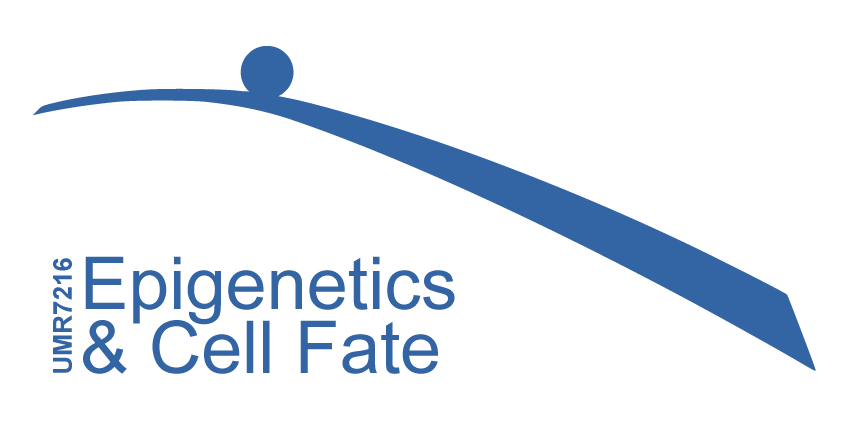New review: Genetic diseases of epigenetic machinery
The development of sequencing technologies and their increased accessibility in clinical services and genetic laboratories have considerably accelerated the identification of genetic variants associated with rare diseases. Among these, Mendelian disorders of the epigenetic machinery (MDEM) are rare monogenic diseases characterized by the presence of mutations in genes encoding epigenetic regulators that play a key role in organismal development and cellular functions. Loss of function of these regulators is expected to lead to epigenetic modifications that profoundly affect genome expression and cellular identity. The current challenge is to determine whether and how these epigenomic alterations drive the mechanisms underlying the clinical manifestations in patients suffering from this class of diseases.
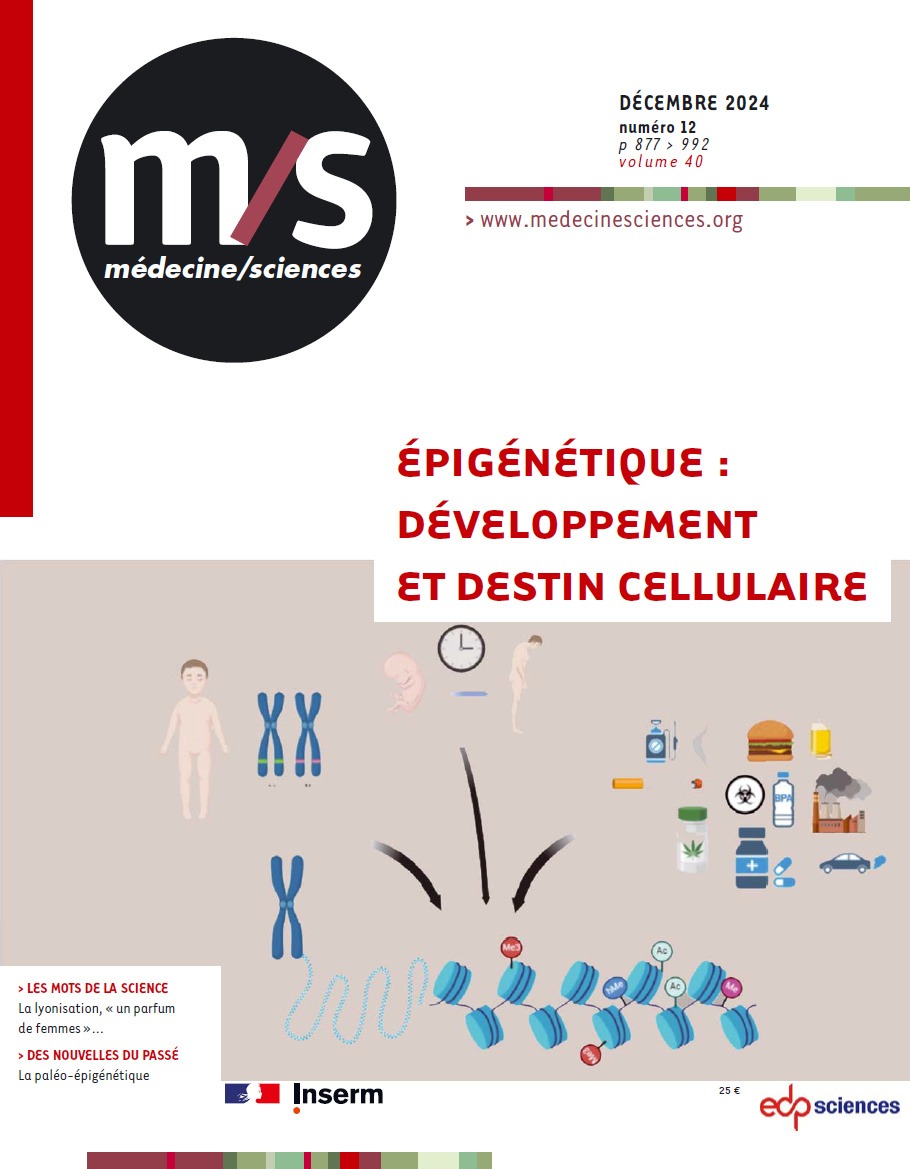
Cover photo: Causes leading to modifications in individuals’ epigenome: presence of a pathogenic variant, aging, environmental factors. From “Genetic diseases of the epigenetic machinery”, Maud de Dieuleveult, Guillaume Velasco (page 914 of this issue) (© Biorender.com).

Welcome to Léa
Léa joins the team as a research assistant. After completing a master's degree in virology, she worked in Strasbourg on grapevine viruses, then on characterizing mRNA degradation in plants at the Institute of Plant Molecular Biology (IBMP). In the Polo team, Léa will...
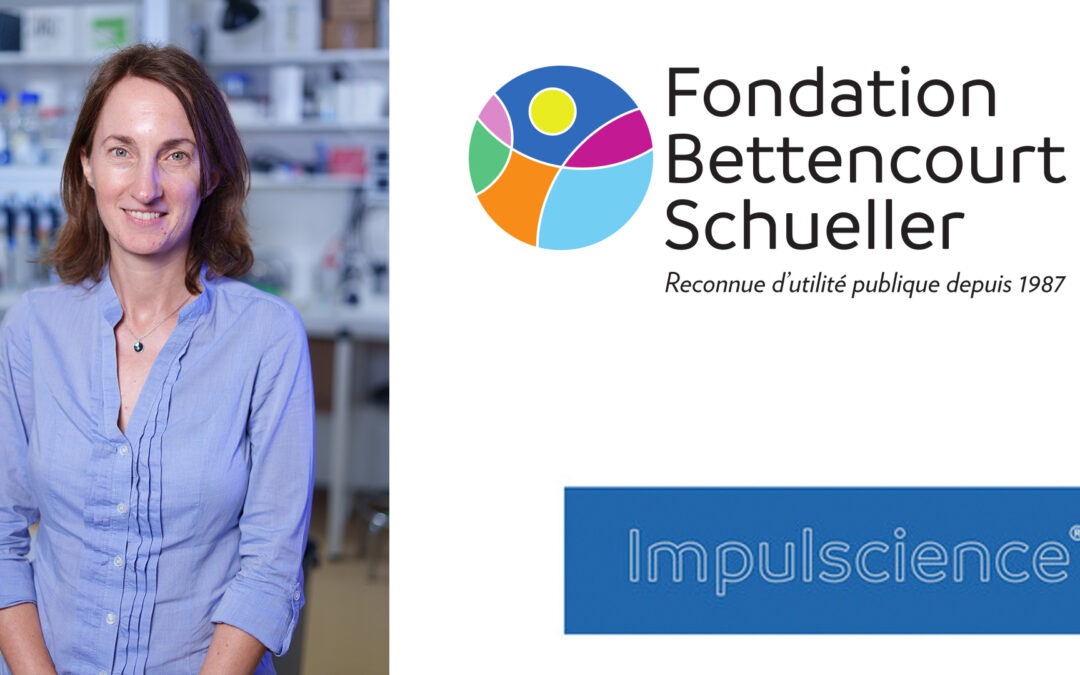
Sophie Polo receives an Impulscience® grant from the Fondation Bettencourt Schueller
Sophie Polo has been awarded an Impulscience® grant to fund a research project on the establishment and maintenance of the inactive X chromosome in response to DNA breaks. This is wonderful news for the lab ! We thank the Fondation Bettencourt Schueller for their...

Welcome to Léa, new engineer in the team!
Léa joins the lab as a research assistant. She holds a Master's degree in Molecular and Cellular Biology from Sorbonne University. She will contribute to investigate DNA methylation maintenance mechanisms in response to UV damage in mammalian cells. Léa Girard À lire...
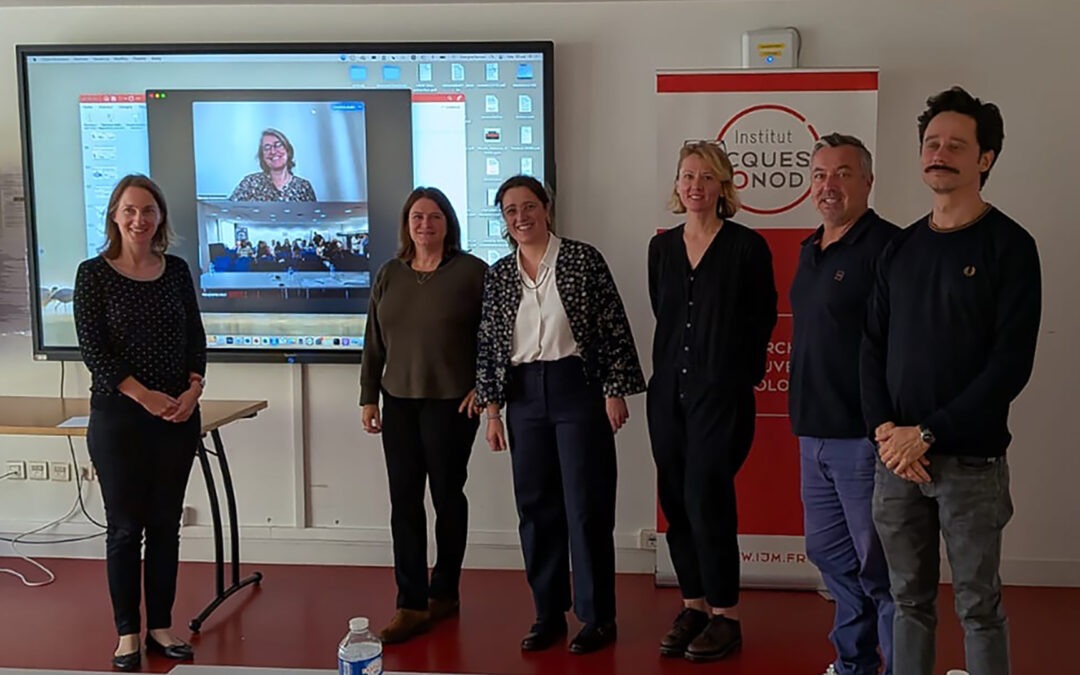
Well done, Dr Mori!
Margherita successfully defended her PhD on DNA methylation maintenance in response to UV damage. Brava! Margherita and her thesis jury. From left to right: Sophie Polo, Sandra Duharcourt (on screen), Déborah Bourc'his, Margherita Mori, Nataliya Petryk, Jean Molinier,...
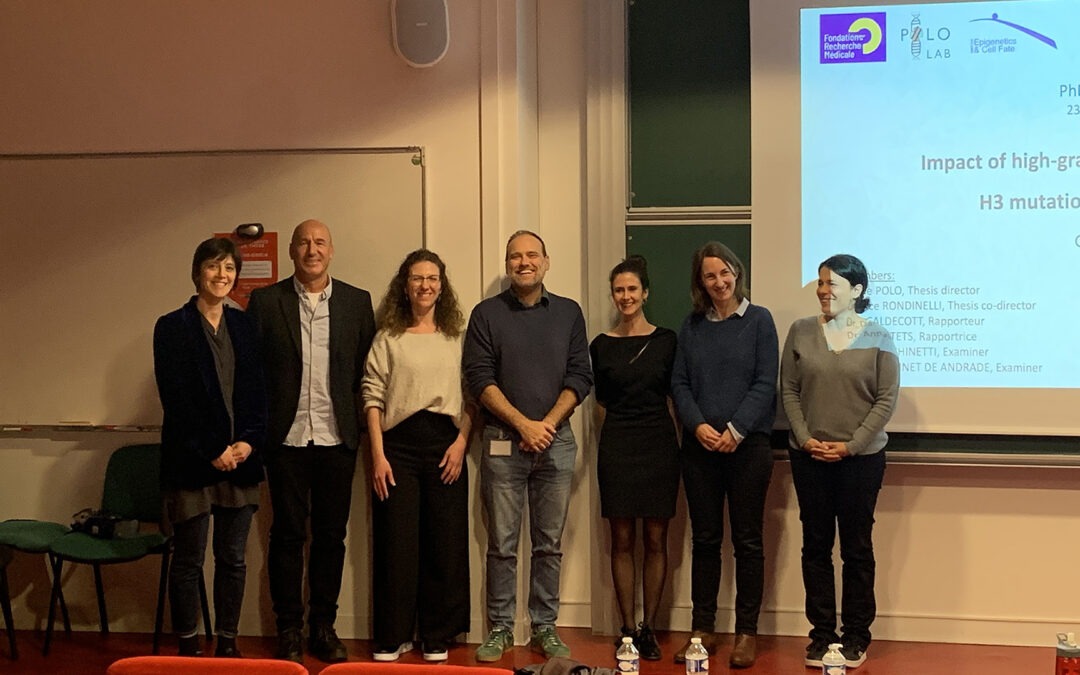
Congratulations Dr Giacomini!
Giulia defended her PhD on the impact of high grade glioma-associated histone H3 mutations on genome integrity. Congratulations to her on a fantastic thesis defense! Giulia Giacomini and her thesis jury. From left to right: Beatrice Rondinelli, Keith Caldecott,...
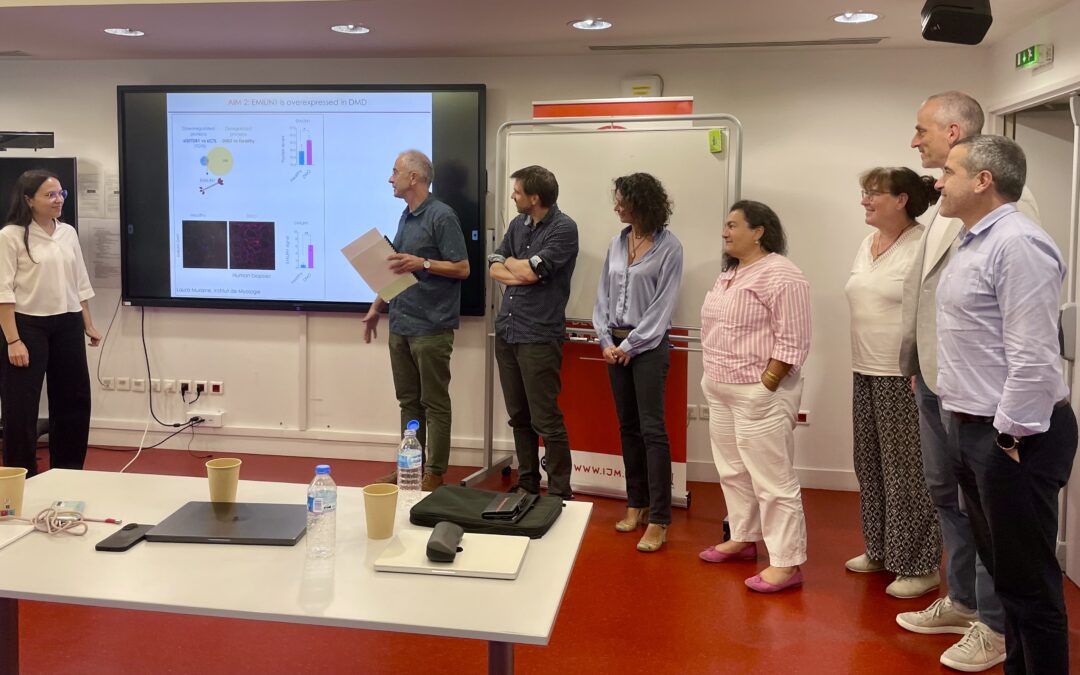
Congratulations to Dr. Maeva Zamperoni!
On September 15, 2025, Maeva successfully defended her thesis: “Role of the lysine methyltransferase SETDB1 in TGFβ-induced fibrosis in Duchenne Muscular Dystrophy (DMD).”Maeva and the jury members: Pascal Maire, Nicolas Reynoird, Sestina Falcone, Frédérique...
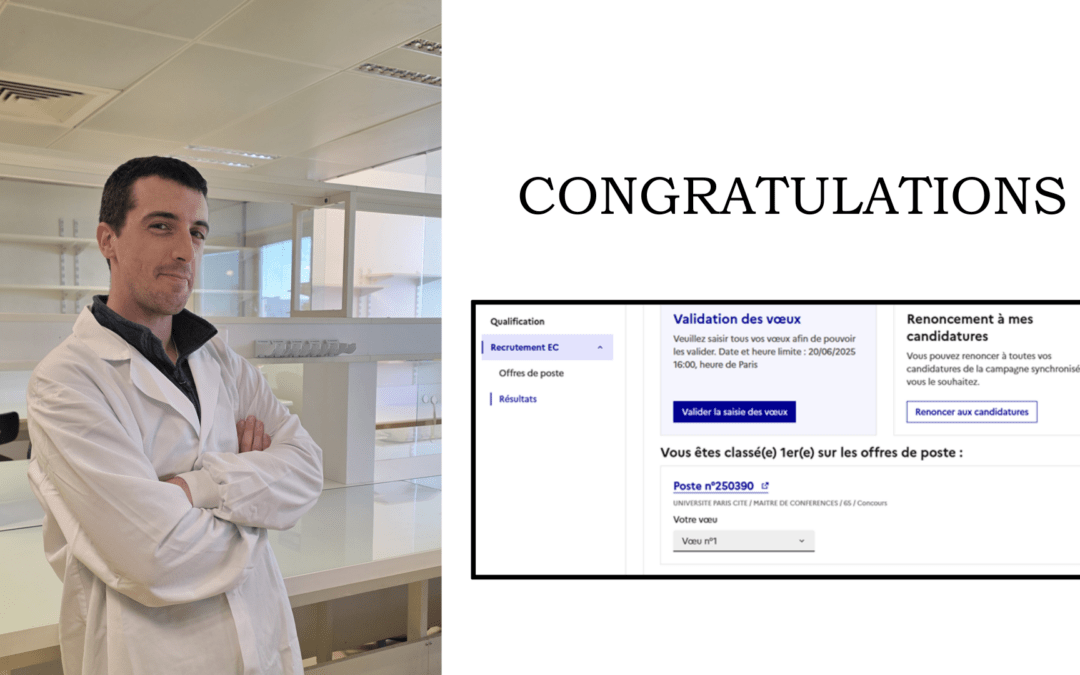
Congratulations to Jérémy, newly appointed Associate Professor!
We are delighted to announce Jérémy Berthelet's success in the Assistant Professor competition!On September 1, 2025, Jérémy officially joined our laboratory as a civil servant lecturer-researcher (trainee). This position is an important step, not only in his career,...

Congratulations to Souhila, promoted full Professor !
We are delighted to announce the success of Souhila MEDJKANE, who has been promoted to full Professor!On September 1, 2025, Souhila was officially promoted to Professor. This is a major milestone in her career, and a source of great pride for our team and the teaching...

Congratulations to Delphine and Julia for their research funding
Congratulations to Delphine Burlet on getting a postdoctoral grant from the Fondation de France and to Julia Roche Dupuy who obtained a fellowship from the HOB doctoral school to finance her PhD thesis. Delphine Burlet, Julia Roche Dupuy À lire aussi

Welcome to Annabelle, new post-doc in the team!
Annabelle joins the lab as a post-doctoral fellow. She completed her PhD at the University of Oxford under the supervision of Prof. Monika Gullerova. Her doctoral work focused on the role of small non-coding Y RNAs and the RNA-binding protein, YBX1, in intracellular...
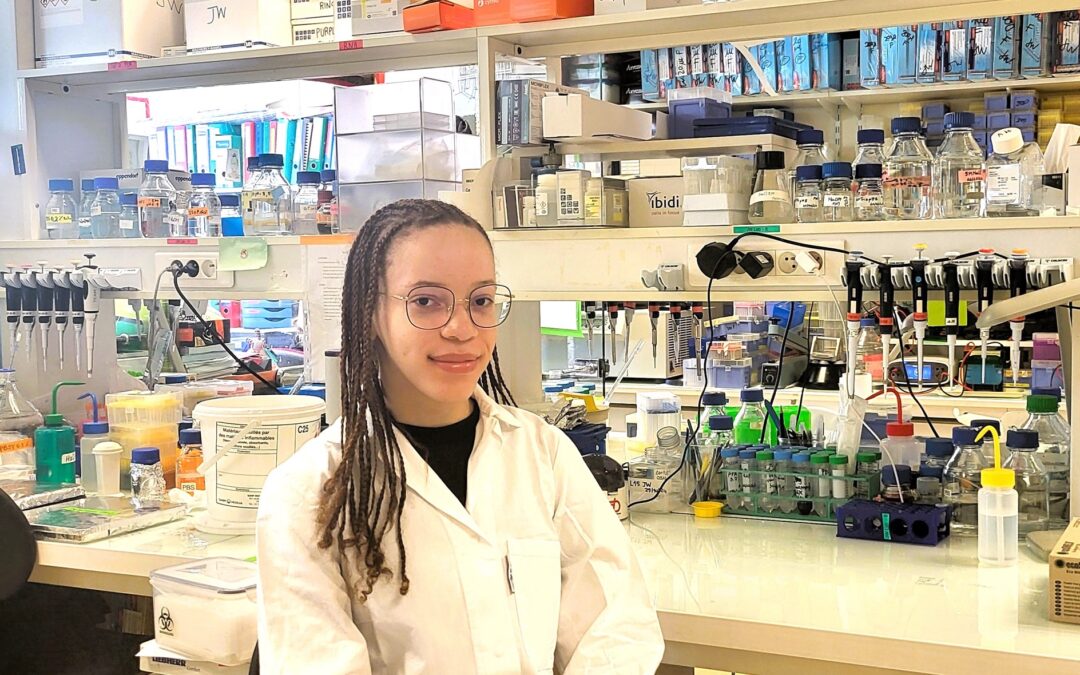
Welcome to Orlane
Today, we welcome a new member to the team: Orlane. She's a student from the first year of the Brevet de Technicien Supérieur Biotechnologies en Recherche et Production (Two-year technical degree - Biotechnologies in Research and Production).Orlane will be working...

4th year PhD fellowships for Anaëlle
Congratulations to Anaëlle Azogui for obtaining a 4th year PhD fellowships from the "Fondation pour la recherche sur le cancer" (Fondation ARC). Read more

Congratulations to the Defossez team for their article published in Nature Communication
Congratulations to the Defossez team for their article “DNA methylation protects cancer cells against senescence” by Chen, Yamaguchi, et al., which has been accepted in Nature Communication. Read it here: doi:doi: https://doi.org/10.1101/2024.08.23.609297...

Welcome to Delphine, new post-doc in the team!
Delphine joins the lab as a post-doctoral fellow. She completed her PhD at the Centre de Recherche en Cancérologie de Lyon (CRCL) under the supervision of Virginie Petrilli. Her doctoral work focused on the pro-inflammatory protein NLRP3, for which she highlighted a...
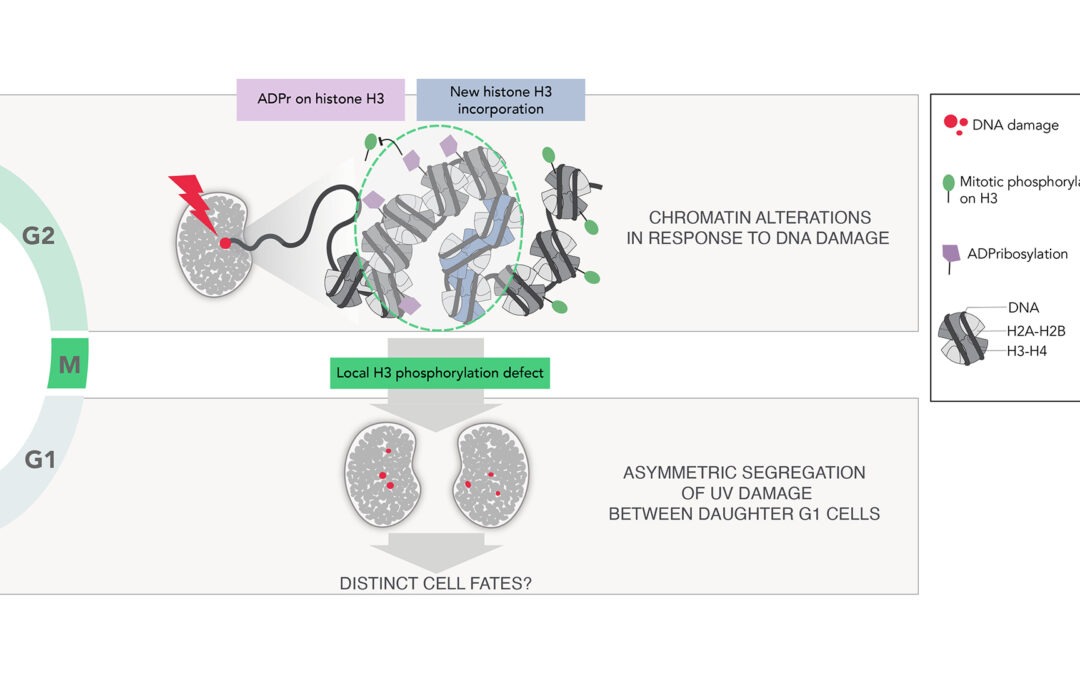
New research article on how chromatin marking governs DNA damage segregation in mitosis
In this paper, we uncover a damaged chromatin marking mechanism that drives the non-random segregation of UV damage through mitosis with potential consequences on daughter cell fate. Thus, we reveal that chromatin alterations impinge on genome stability not only by...
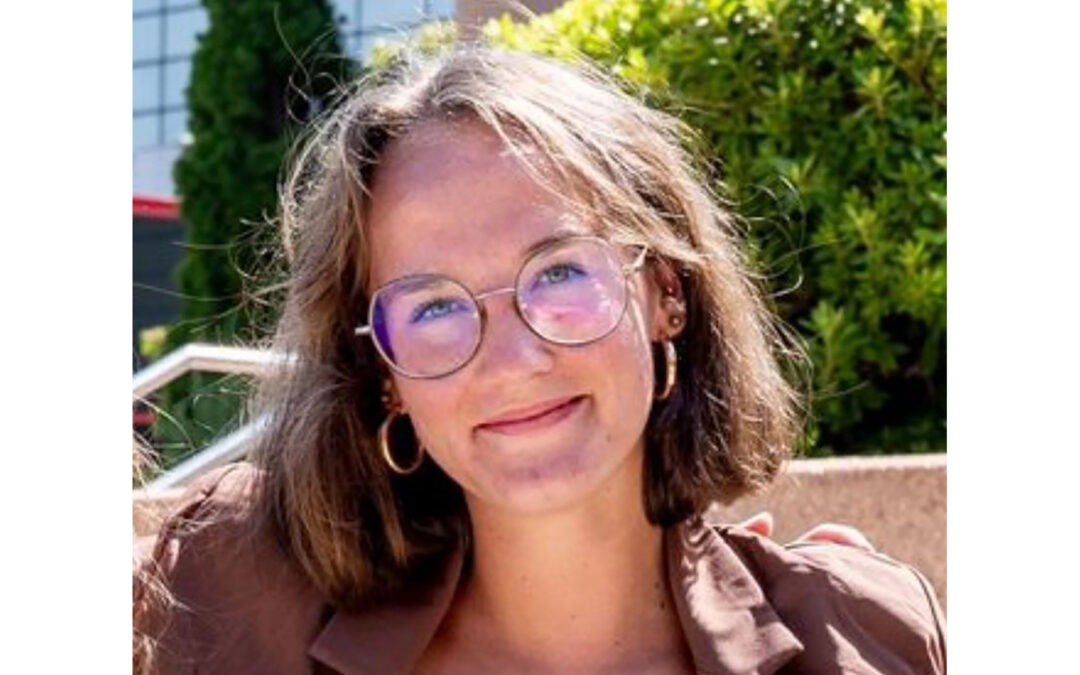
Welcome to Julia
Julia Roche Dupuy joined the lab for her second year Master's internship. Julia Roche Dupuy Second year Master's student À lire aussi
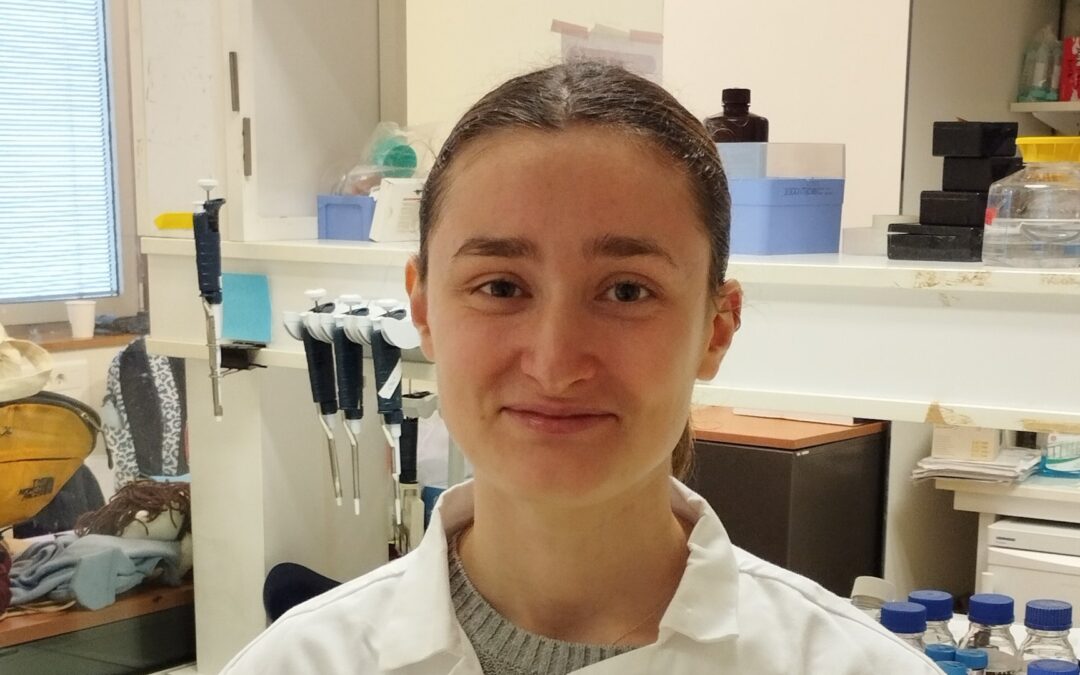
Welcome Caroline to our team!
We're excited to have Caroline joining Dr. Ait-si-Ali's team! She comes to us as an M2 student from the GENE2 master's program at Université Paris-Saclay. Working with Dr. Guillaume Velasco, Caroline will study the regulation of nuclear stiffness by H3K9...
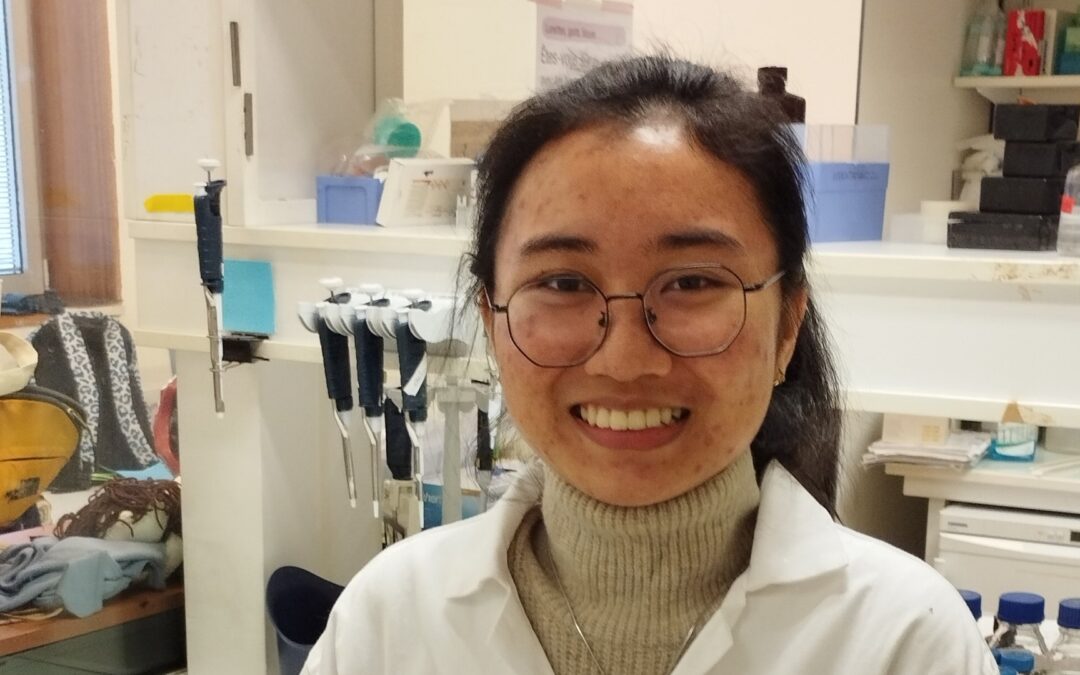
Welcome Minh to Slimane Ait-si-ali’s team!
We are delighted to welcome Mynh, an M2 student from the GENE2 master's program at Université Paris-Saclay, to Dr. Ait-si-Ali's team. Mynh will be investigating the role of SETDB1 in Duchenne muscular dystrophy phenotype development.
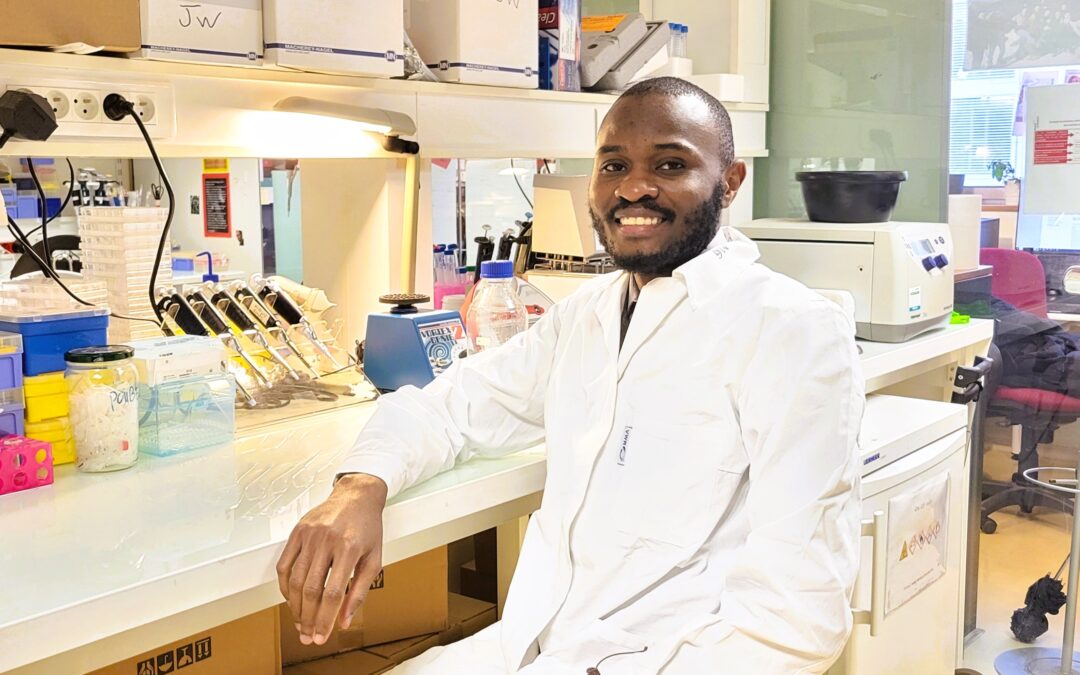
Welcome to Steve
Today, we welcome a new member to the team: Steve, a M2 student from the Magistère Européen de Génétique and an EUR GENE fellow.Steve will be working on the interactions of recently identified new parasite protein.Read more
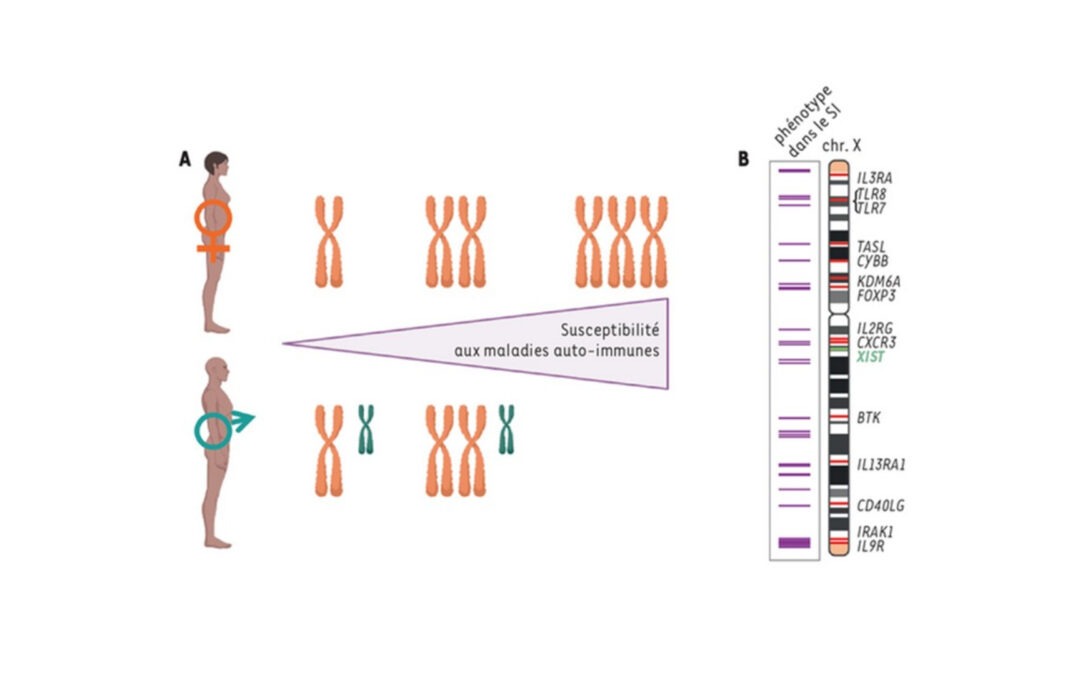
New review: X chromosome regulation and female functional specificities: Are two Xs better than one?
What if the presence of two X chromosomes confers functional specificities on female cells and contributes to the different susceptibilites of men and women to certain diseases? One of the X chromosomes is randomly silenced in each female cell from the embryonic...
